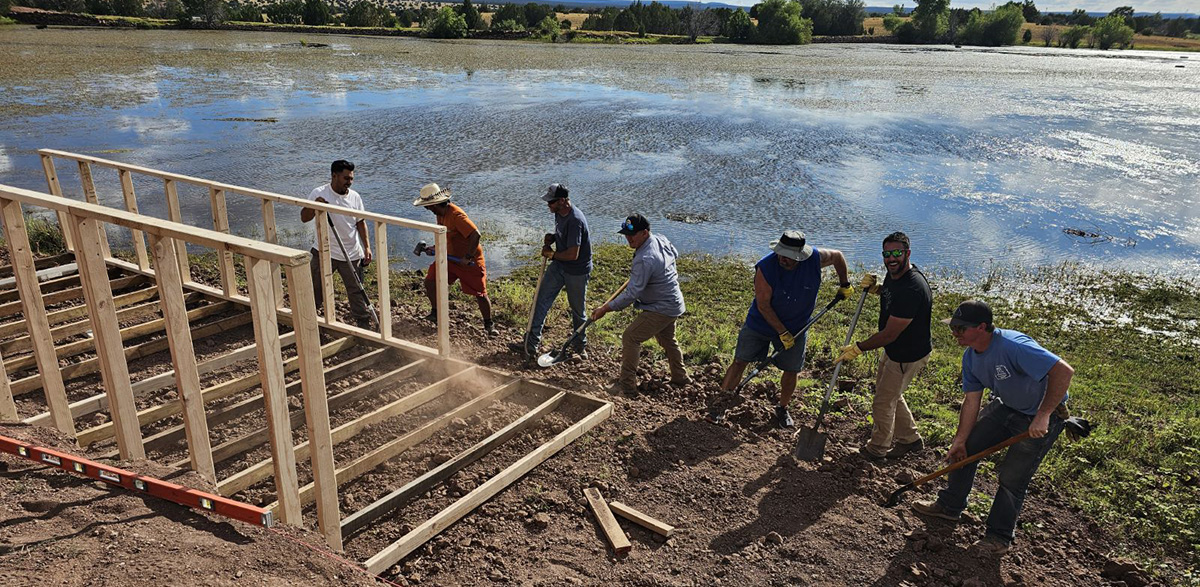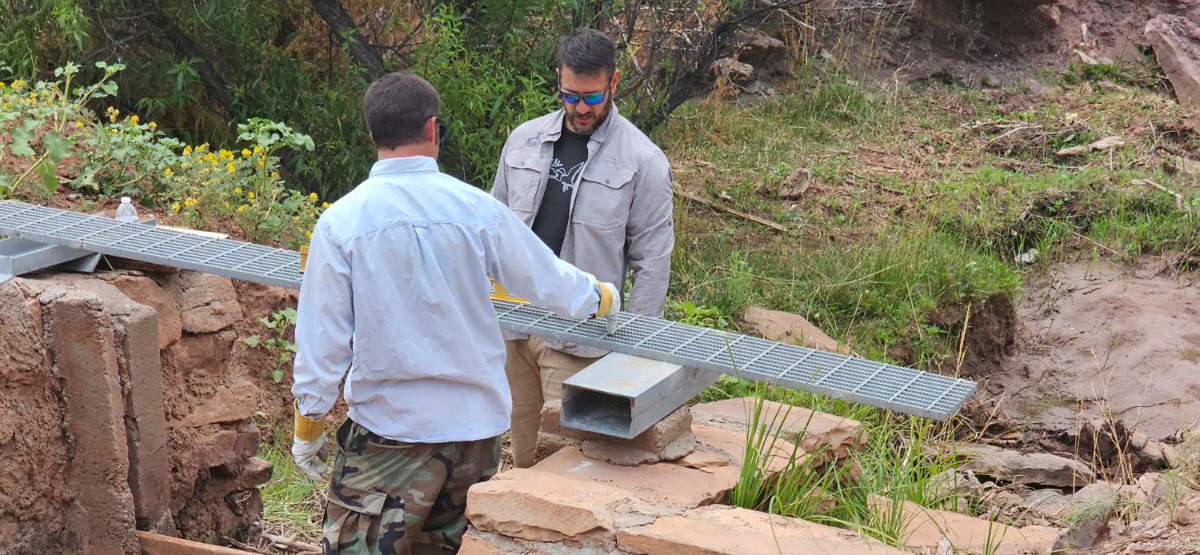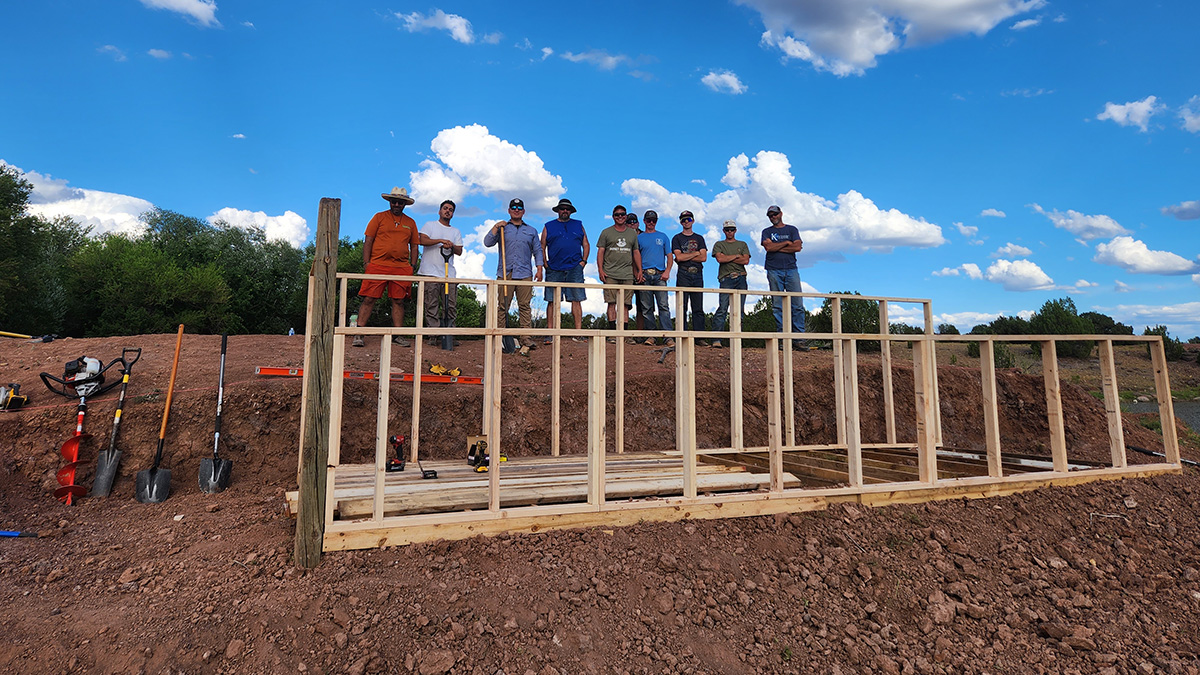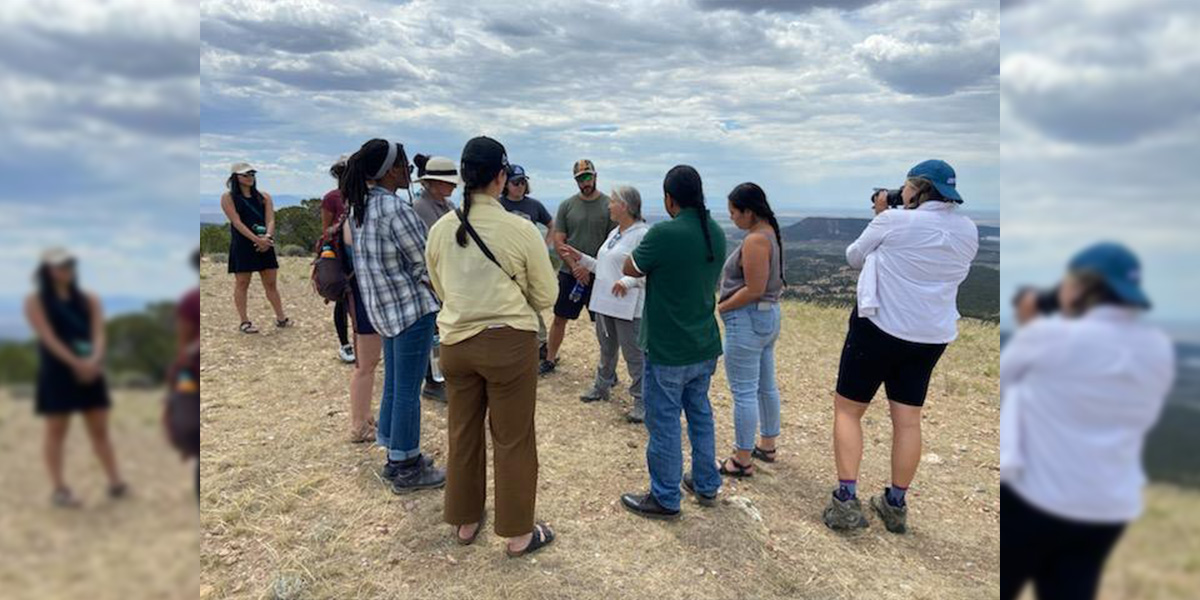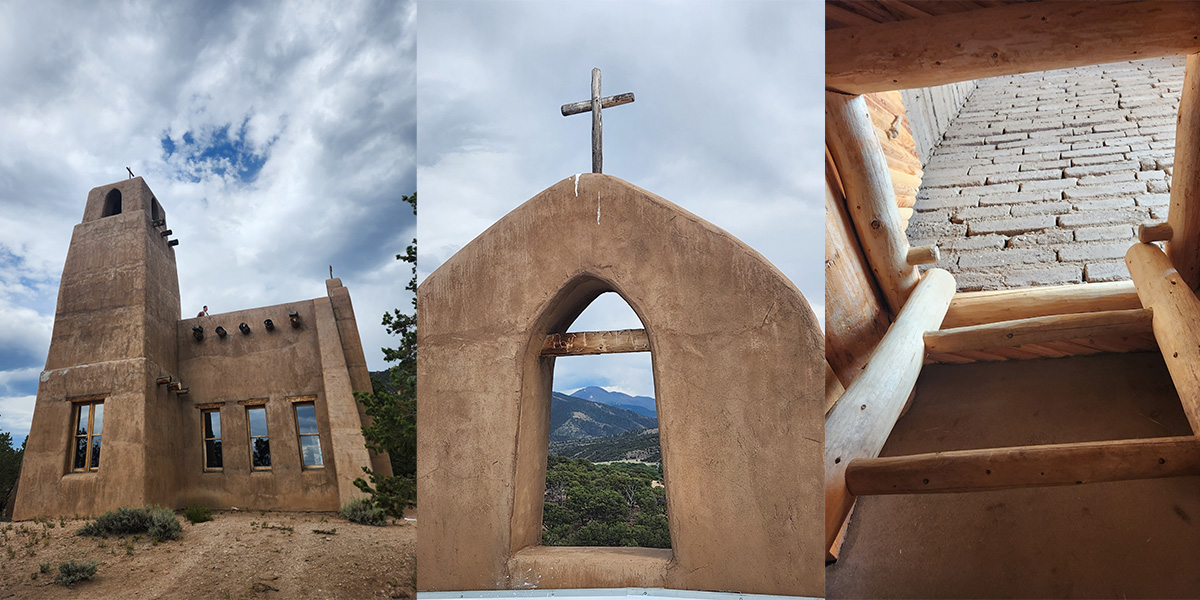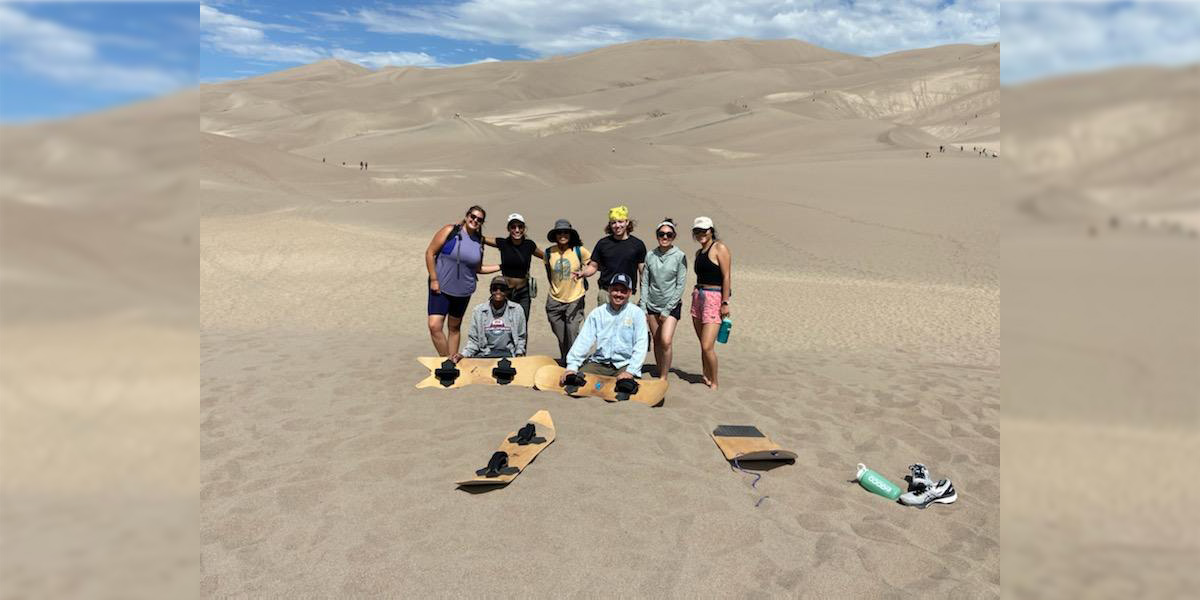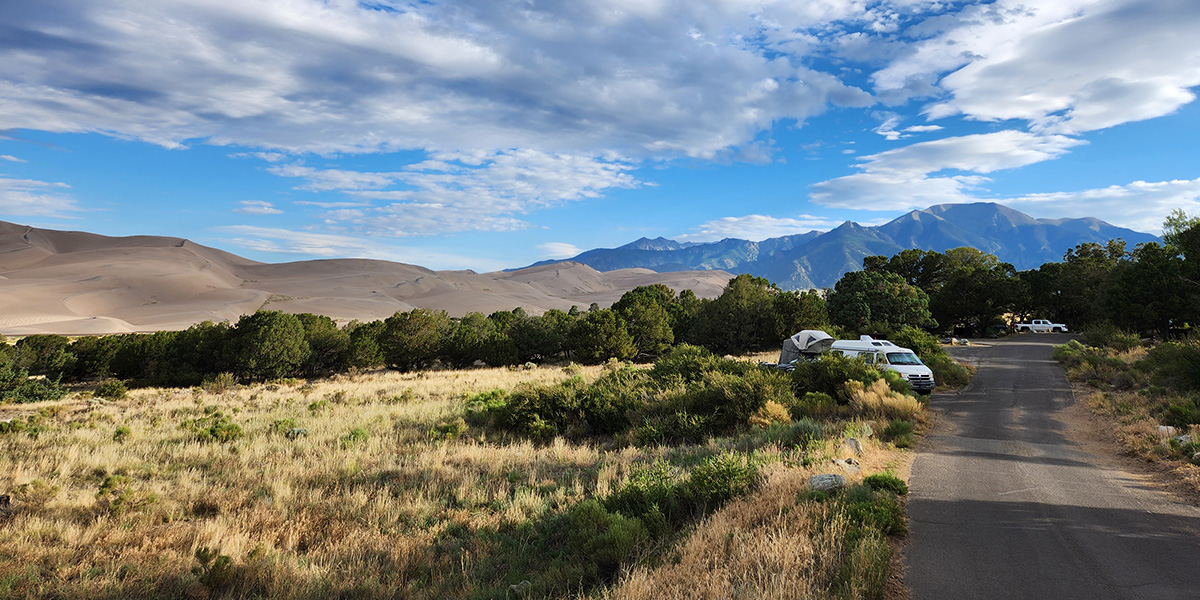This is a guest blog from Durrell Smith, the founder of the Minority Outdoor Alliance. Through his organization, Durrell hopes to create pipelines for individuals from underrepresented communities to advance in the outdoor industry and become leaders in conservation policy.
The 2023 Learn to Hunt Upland Experience hosted by the Minority Outdoor Alliance and Pheasants Forever, in-partnership with the Theodore Roosevelt Conservation Partnership, took place September 15 – 17, 2023 at the Valhalla Hunt Club in Bennett, Colorado.
This was the second time I have had the opportunity to facilitate an event aimed at elevating the wisdom of 10 mentors and 10 participants through the continued cultivation of inclusivity and a healthier outside experience. Over the course of a few days, both mentors and participants shared their various paradigms in the hopes of creating a much more engaged and diverse community of upland bird hunters.
Each year, I learn something new – and it’s not only about the participants. We all come to share our stories, the adversity we may have faced, and to question the challenges we’ve have faced in the field while striving to become better, and more experienced, upland hunters. 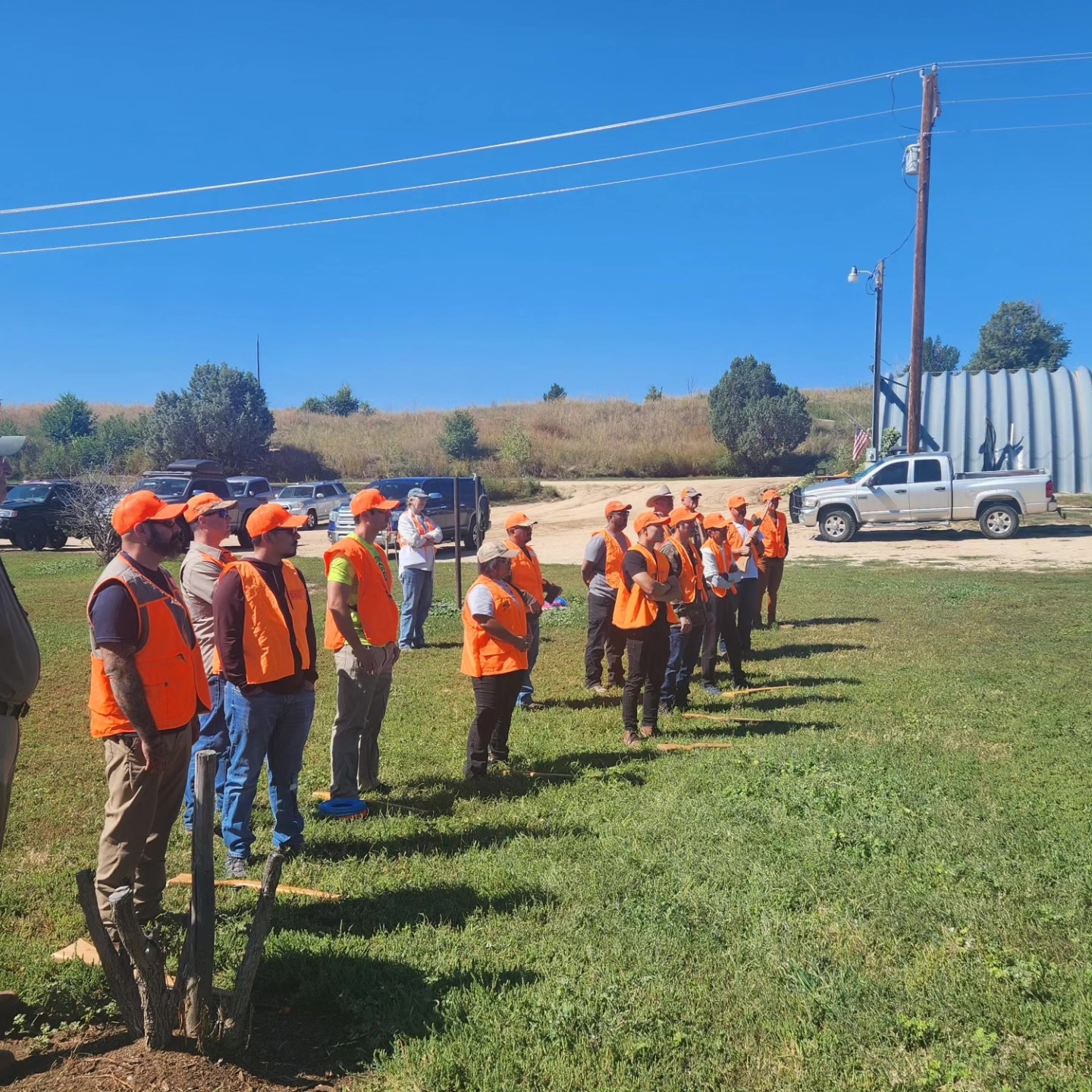
The goal of the event was two-fold: educate both those participants seeking to take a step forward in their upland hunting experience and those who want to learn more, while simultaneously cultivating a deeper and more meaningful relationship between the mentors and the participants in the hopes of creating a community that will stand the test of time. What was most revealing to me, was the paradigm shared by our participants and the reinforcement of what I already knew about the mentors – in particular, my dear friends Jared Romero and Dominic Lucero.
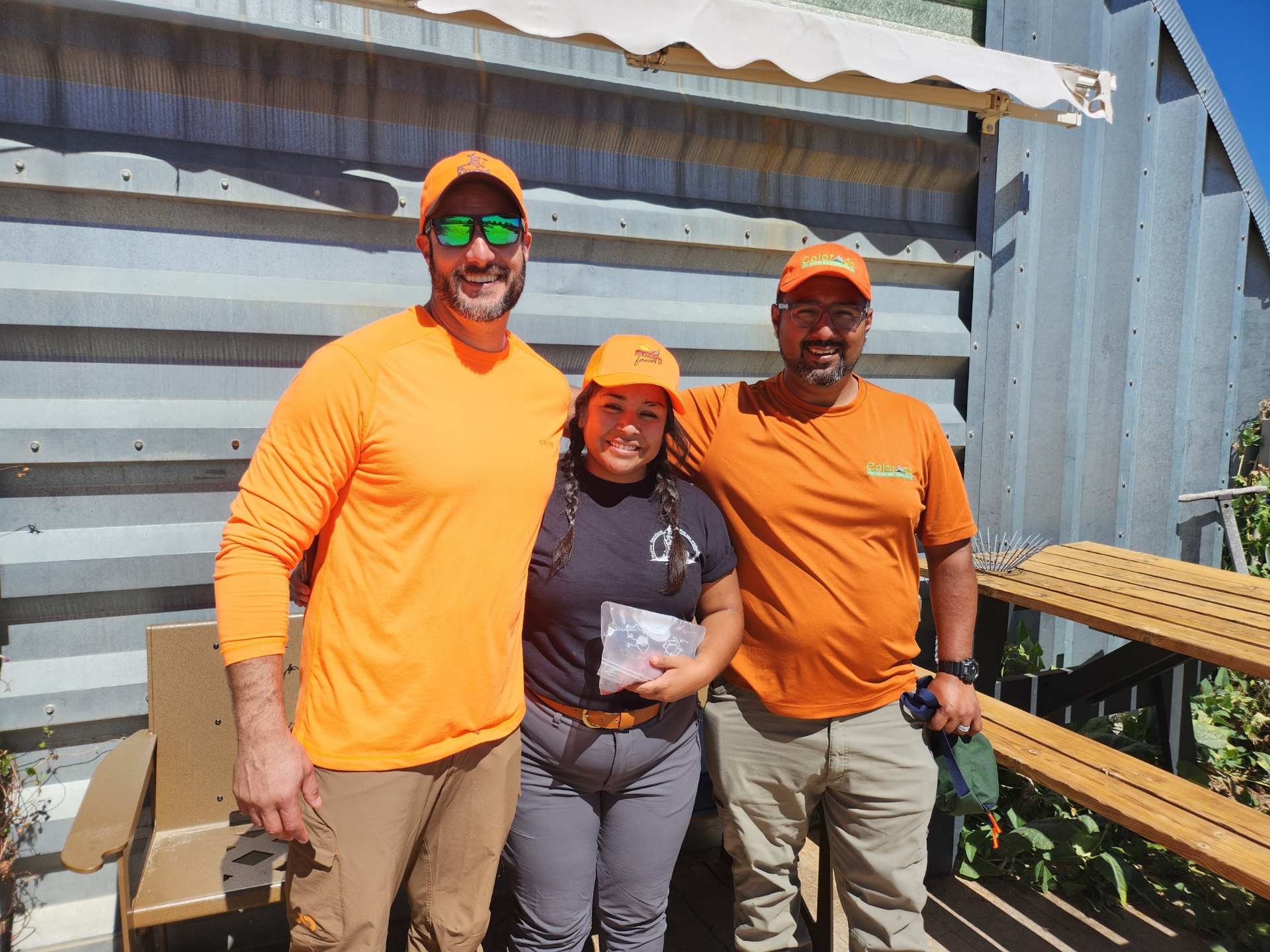
I’m always excited to meet back up with Dominic Lucero in Colorado. He is the founder of Colorado Treks, a non-profit organization that works to inspire life-changing confidence in youth, families, and communities of Colorado through cultural experiences and outdoor education.
Dominic brought a great deal of wisdom and knowledge from the indigenous and Chicano communities to the event. Much of what Dominic focuses on, and what really speaks to my heart, is the idea that nature is medicine. It is healing and reviving.
Dominic is someone who not only inspires me but challenges me to think deeper about the healing within myself and the possibilities of healing through the outdoors. From that perspective, and setting aside from the experience that I’ve acquired over the last 7 1/2 years in the uplands, I often ask myself two questions: what am I presenting to our community of diverse individuals? Am I complimenting nature’s medicine with my own prescription, and does that prescription fit, and work, for diverse and varied individuals?
Building upon that, Dominic challenged us to think about the ways in which the indigenous peoples of Mexican and Chicano heritage relate and add to the story of the upland hunter. I’m always moved by Dominic’s words, his inspiration, and his personal stories. Dominic spends time investing in a family atmosphere, and he has continued to earn the trust of so many. There’s nothing pretentious about a day in the field with Dominic, and I know personally that his mentorship speaks volumes to those who may have felt trauma or experienced a lack of access, and how they may have prevented one’s ability to truly experience all the opportunities available outside. His role as a mentor was impactful for all in attendance.
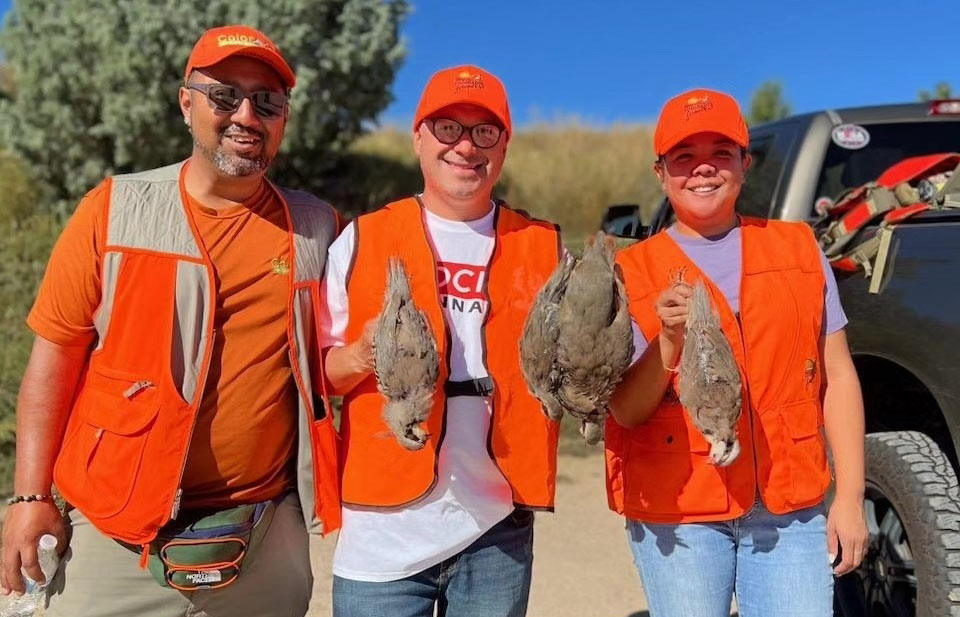
During the event, I also spent a great deal of time with someone I would consider a brother, a friend, and an inspiration. Someone who creates opportunities, not for himself, but for others, and someone who spends a great deal of time working to understand the necessity of diversity in the outdoors and communicating the message of conservation through access, programming opportunities, and story. I’ve known Jared Romero, director of strategic partnerships at the TRCP, for three years, and I have never had a chance to really dive deep into the story that connects him to the uplands. This event changed that.
Spending a day in the field together chasing truckers behind pointing labs and German shorthaired pointers was all that was needed to illuminate his own past. Jared, and our day afield, changed my perception of what I thought an upland hunter might look like – particularly in the grouse woods. Jared reminisced on stories of hunting with his grandfather, chasing blue grouse in the various landscapes of Colorado. He reflected by noting, “Blue grouse hunting is how I cut my teeth as a young hunter. I had some of my first successes hunting. It’s an experience I’ll always remember with my family and grandpa.”
Jared’s message stuck with me. As someone of African American descent seeking to change the paradigm in the narrative of what’s possible in the uplands space, I still had not pictured a man of Hispanic heritage also decoding the complexity of the grouse woods. That is what events like this are for: to continue coloring a new slate and story within the landscape of the hunting community. As a mentor, Jared’s perspectives, experiences, and openness benefitted both participants and mentors alike. 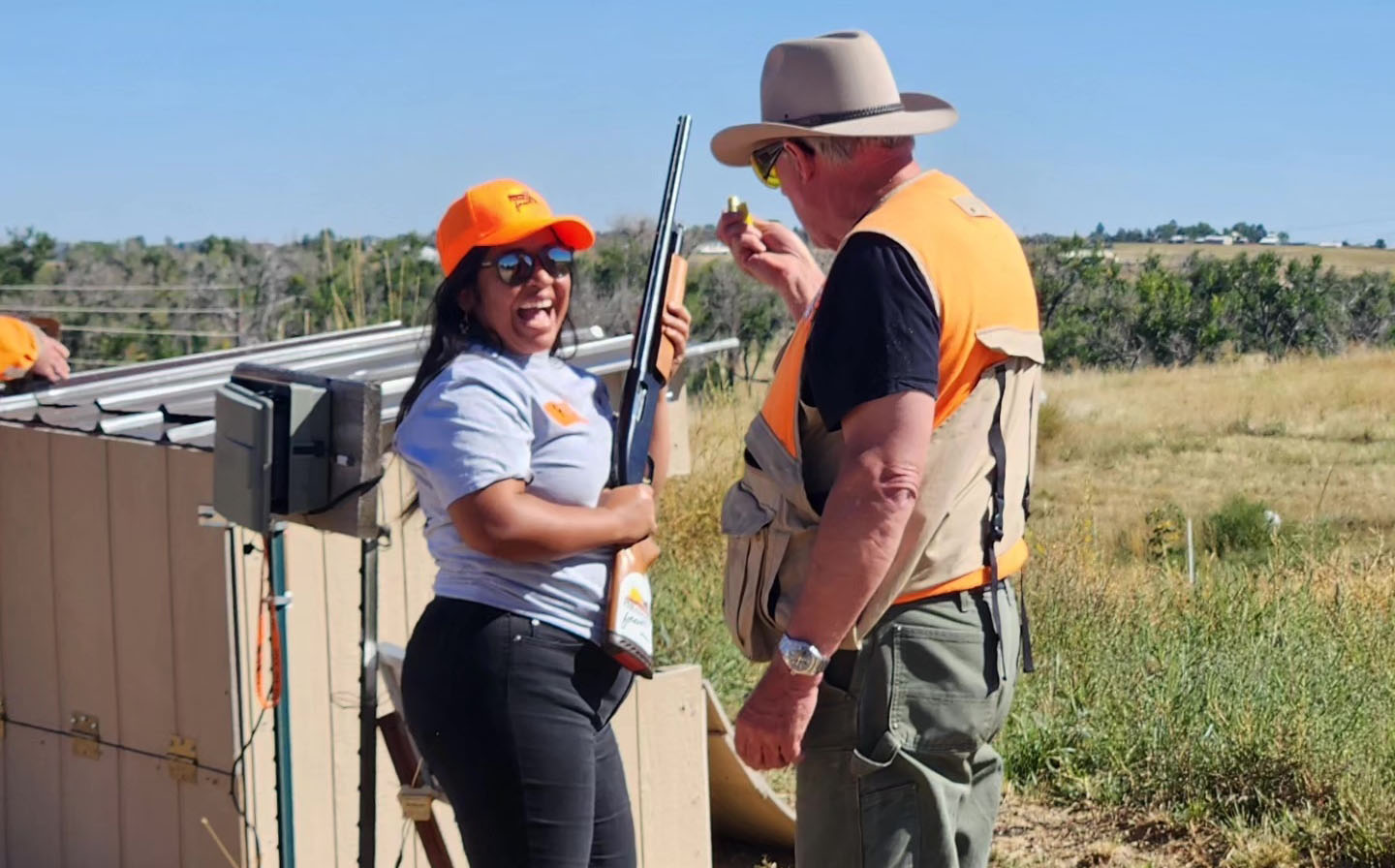
Additionally, the tremendous contributions of the South Metro Chapter of Pheasants Forever were significant, and I would like to include a special thank you to Dean, Kaleigh, and the chapter membership. Simon, another member of Hispanic heritage, also recontextualized everything that I thought about who spends time chasing grouse. What also struck me was the humility that Simon exuded when talking about the many years he spent looking for others like us and this peer group in the outdoors. It is humbling to know that so many people have spent large amounts of time looking for what this event aimed to create: a diverse and empowered community of individuals that love upland, birds, bird dogs, and the habitat that we seek to conserve.
The first day, we spent some classroom time going over the basics of firearms, learning conservation history, habitat, and the great work that all of our partnering organizations are doing collectively to continue this great American story. After the classroom sessions, we took our participants outside for a great time – learning how to approach bird dogs in a safe, yet efficient manner, and for practice on the clays course to ensure safe and effective shots. There were lots of successes, many misses, and a whole heap of smiles. We had a great time breaking clays and building confidence.
The second day, we spent in the field at Valhalla with pointing labs, German shorthaired pointers, and an emboldened, confident group of participants seeking to tell a story of their own. What I should note is the incredible amount of consideration given to the dogs when shots didn’t always present as safe, and the respect given to the dogs for their work teaching our new participants. I wonder if next year we might even include the dog names on the mentor list, because at the end of the day, it seemed that we all learned more from the dogs than we ever could in a classroom.
The event was powerful and there is so much more I could share, but in closing, I would encourage you to learn more about these opportunities, to reach out to our mentors and our participants. It will help you better understand this experience in their context and from their paradigm. Doing so would better inform us all of how powerful the outdoors and the upland experience can be when we all come together in the name of conservation, education, and diversity.
I want to say thank you to our partners from Pheasants and Quail Forever, the Theodore Roosevelt Conservation Partnership, and Colorado Treks.
Read more about TRCP’s commitment to community and inclusivity below:


